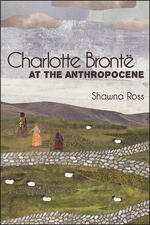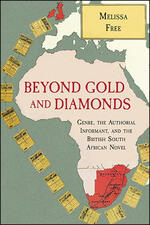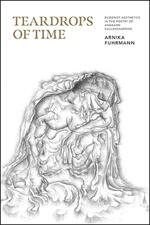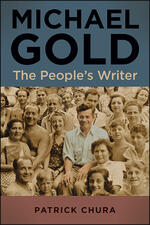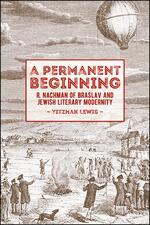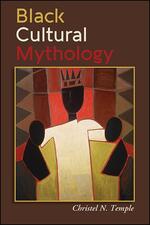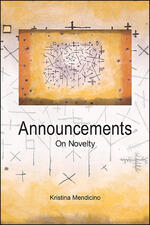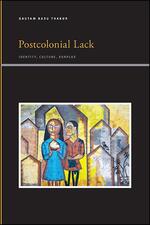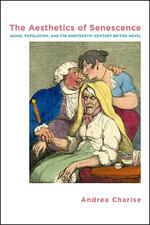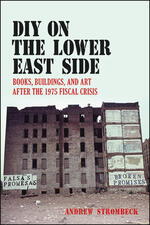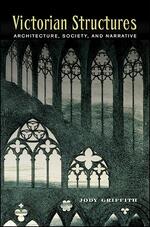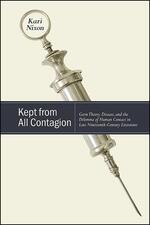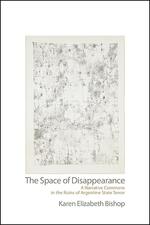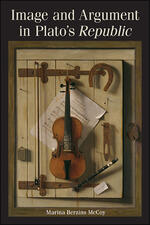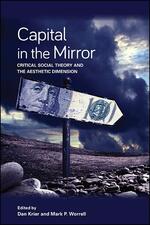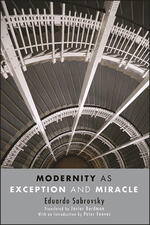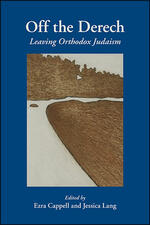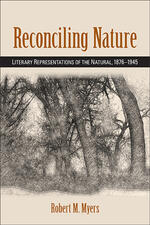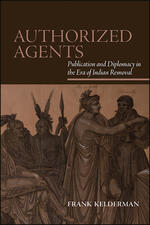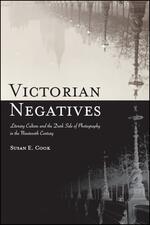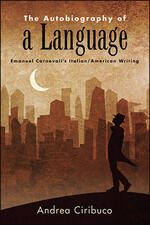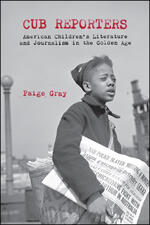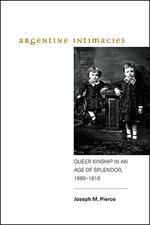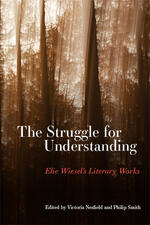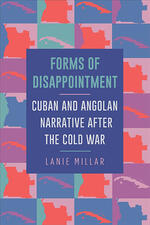Literary Criticism
Charlotte Brontë at the Anthropocene
Forges a fresh interpretation of Charlotte Brontë’s oeuvre as a response to ecological instability.
Beyond Gold and Diamonds
The first book to examine and establish characteristics of the British South African novel.
Teardrops of Time
Investigates how the Thai poet Angkarn Kallayanapong adapts Buddhist concepts of time to create a modern Asian aesthetic imaginary.
Michael Gold
An authoritative biography of the dean of American proletarian writers during the interwar years.
A Permanent Beginning
Situates a Hasidic master in the context of his time, demonstrating his formative influence on Jewish literary modernity.
Black Cultural Mythology
Offers a new conceptual framework rooted in mythological analysis to ground the field of Africana cultural memory studies.
Announcements
A study of novelty through analyses of the language of announcement in revolutionary texts.
Postcolonial Lack
Examines representations of surplus enjoyment in postcolonial literature and film to focus on self-other relations rather than difference.
The Aesthetics of Senescence
Investigates how nineteenth-century British literature grappled with a new understanding of aging as both an individual and collective experience.
DIY on the Lower East Side
Engaging look at Lower East Side writers and artists in the wake of the 1975 New York fiscal crisis.
Victorian Structures
Argues that the descriptions of buildings frequently encountered in Victorian novels offer more than evocative settings for characters and plot; instead, such descriptions signal these novels' self-reflexive consideration of the structure itself.
Kept from All Contagion
Highlights connections between authors rarely studied together by exposing their shared counternarratives to germ theory's implicit suggestion of protection in isolation.
The Space of Disappearance
Examines the evolution of disappearance as a formal narrative and epistemological phenomenon in late twentieth-century Argentine fiction.
Image and Argument in Plato's Republic
Argues that images are at the heart of the dialogue’s philosophical argumentation.
Capital in the Mirror
Analyzes contemporary capitalism through the products of culture and art for fresh insight into emancipatory possibilities concealed within capitalism’s darkest dynamics.
Modernity as Exception and Miracle
Proposes "the extraordinary" as a defining characteristic of modernity.
Off the Derech
Combines powerful first-person accounts with incisive scholarly analysis to understand the phenomenon of ultra-Orthodox Jews who leave their insular communities and venture into the wider world.
Reconciling Nature
Reveals how classic American novels embodied the tensions embedded in American views of the natural world from the Centennial until the end of the Second World War.
Authorized Agents
Examines the relation between Indian diplomacy and nineteenth-century Native American literature.
Victorian Negatives
Argues that the photographic negative gives a new way of understanding Victorian debates surrounding origins and copies as well as reality and representation.
The Autobiography of a Language
Explores the links between language, cultural identity, and creativity through the works of Emanuel Carnevali, one of the first Italian American authors to attain literary recognition.
Cub Reporters
Investigates how depictions of young people in late-nineteenth- and early-twentieth-century America use artifice to destabilize pre-existing narratives of truth, news, and fact.
Argentine Intimacies
Revisits a foundational moment in Argentine history to demonstrate how the crisis of modernity opened up new possibilities for imagining kinship otherwise.
The Struggle for Understanding
An in-depth look at Elie Wiesel’s writings, from his earliest works to his final novels.
Forms of Disappointment
Analyzes parallel developments in post–Cold War literature and film from Cuba and Angola to trace a shared history of revolutionary enthusiasm, disappointment, and solidarity.
